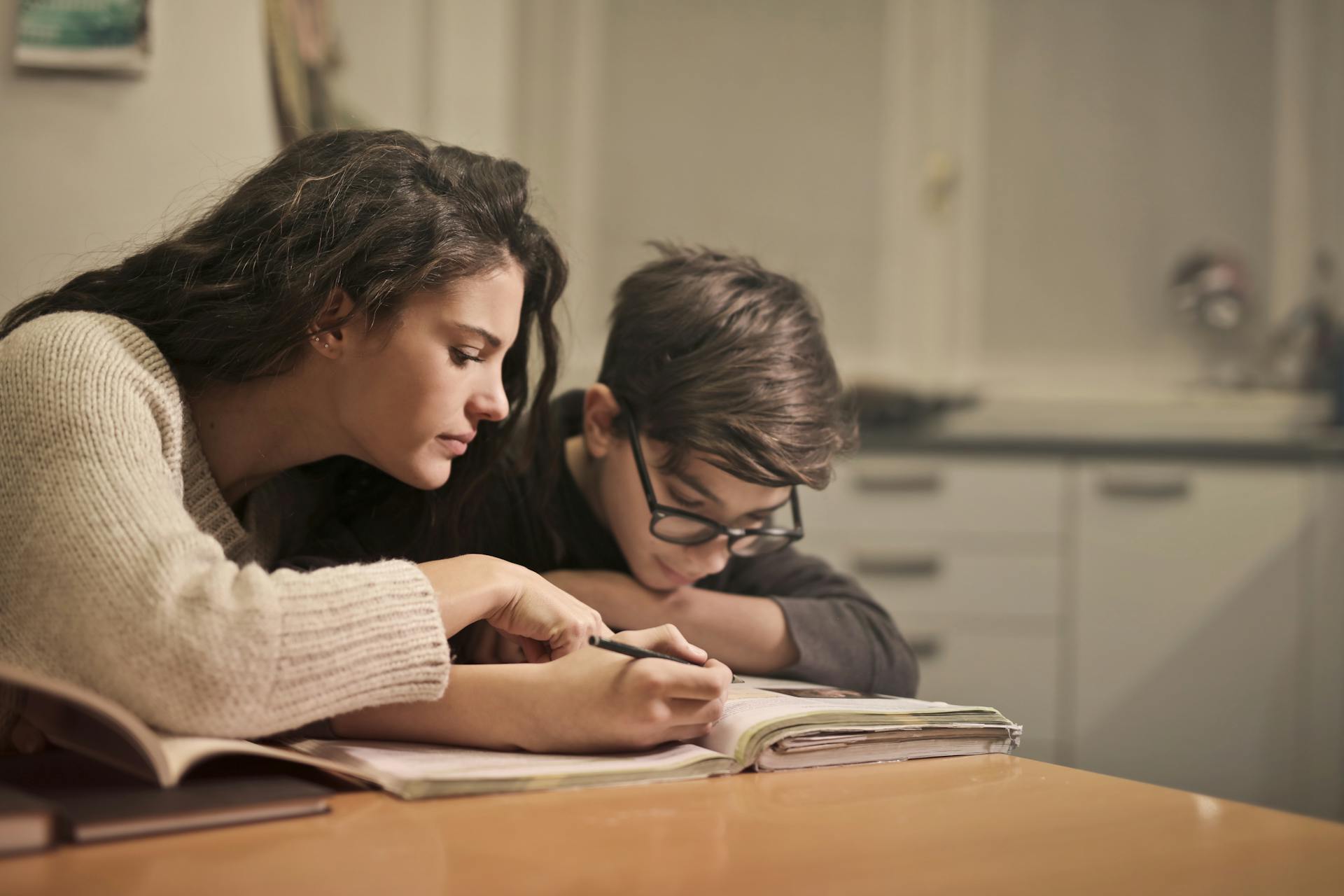In today’s fast-paced, hyper-connected world, childhood and adolescence are no longer the carefree stages we once imagined. Kids today face more pressure, confusion, and emotional disconnection — a challenge amplified by digital environments and how social media affects mental health. As a young parent or caregiver in your 20s or early 30s, you’re navigating a world of career growth, identity building, and perhaps for the first time, figuring out how to raise emotionally healthy children. You’re not alone, and thankfully, you don’t have to do it alone.
Children and adolescent therapy is one of the most effective ways to support the emotional, behavioural, and psychological development of young people. Whether your child is struggling with anxiety, behavioural issues, peer pressure, or emotional shutdown, professional therapy can help them understand and regulate their inner world. And for you as a parent, it offers insights and tools to support them through every stage of growth.
Why Early Emotional Support Matters More Than Ever
Mental health conversations are becoming more normalised, but for children and adolescents, early intervention remains a game-changer. Emotional patterns start forming in early childhood, and if left unaddressed, they can evolve into long-term challenges during teenage years and even adulthood.
Children’s behavioural therapy focuses on helping young kids understand and express their emotions in healthy ways. It addresses issues like tantrums, defiance, anxiety, bullying, low self-esteem, and withdrawal. Instead of labelling a child as “difficult,” therapy works to uncover what’s going on beneath the surface.
Similarly, adolescent group therapy gives teenagers the space to relate, share, and grow with peers going through similar challenges. It’s especially helpful for teens facing social isolation, peer pressure, family conflict, or identity struggles. This kind of therapy fosters connection, empathy, and the ability to cope with real-world stress.
Therapy for young people isn’t just about solving a current “problem”; it’s about giving them the skills to navigate life with confidence, clarity, and compassion.
You’re Not Just Raising Kids, You’re Raising Future Adults
It’s easy to get caught up in the daily routines: school drop-offs, meals, screen-time limits, homework battles. But underneath it all, there’s a deeper mission you’re shaping how your child will see themselves, their emotions, and the world.
Children and adolescent therapy offer support during this shaping process. It provides professional guidance during key stages of emotional development. More than that, it helps young people build the kind of emotional intelligence that improves relationships, decision-making, and overall mental well-being well into adulthood.
Think about it: how many of us are still unpacking our childhood wounds in our 20s and 30s? What if we could give the next generation tools earlier, before those wounds became walls?
Parenting Is Hard, Therapy Can Help You Do It Better
Young parents today are breaking cycles, trying to do things differently from how they were raised. You might be the first in your family to consider therapy for your child, or the first to speak openly about emotions. That’s not just brave, it’s revolutionary.
But it’s also overwhelming.
You may be questioning: Am I doing enough? Am I being too soft? Too strict? Or: Is this just a phase, or does my child need help?
Children and adolescent therapy is a partnership. You don’t need to have all the answers. Working with a qualified therapist allows you to better understand your child’s behaviour, communication style, and emotional needs. It’s not about replacing your parenting, it’s about empowering it.
Dr. Kinnari Birla Bharucha offers compassionate, culturally sensitive support for families who want to raise emotionally healthy, resilient children. As a licensed clinical psychologist and first-generation immigrant, Dr. Birla Bharucha brings not only clinical expertise but a deep personal understanding of the challenges today’s families face, especially those balancing cultural expectations with modern parenting.
When Should You Consider Therapy for Your Child or Teen?
Not every child needs therapy, but there are clear signs that indicate it may be time to seek support. These include:
- Ongoing behavioural challenges like aggression, withdrawal, or fearfulness
- Sudden changes in mood or sleep patterns
- Difficulty adjusting to life transitions (divorce, relocation, loss)
- Academic struggles despite trying hard
- Constant anxiety or fear in social settings
- Teen isolation, risky behaviours, or sharp mood swings
If any of these resonate, even subtly, therapy can be a proactive way to help your child express themselves safely and constructively.
In adolescent group therapy, teens especially benefit from seeing they’re not alone. These group sessions are structured yet open enough for teens to share their experiences, receive validation, and develop better communication skills.
Healing Starts with Connection
At the heart of therapy is the connection between child and therapist, between parents and children, and most importantly, between young people and their inner selves.
Dr. Kinnari Birla Bharucha understands that emotional growth doesn’t happen in isolation. It occurs in safe spaces, with trusted guides, and within the context of relationships. Her course, Immigrant Paradox, is rooted in that belief.
Her therapeutic approach is not one-size-fits-all. Whether it’s children’s behavioural therapy for a five-year-old or adolescent group therapy for a struggling teenager, every session is tailored to meet the unique developmental and emotional needs of that child.
You don’t have to wait for a crisis to prioritise your child’s mental health. Therapy is a gift that lasts a lifetime, one that teaches self-worth, resilience, and emotional courage.
Take the first step toward giving your child the tools they need for a thriving, emotionally grounded future.


